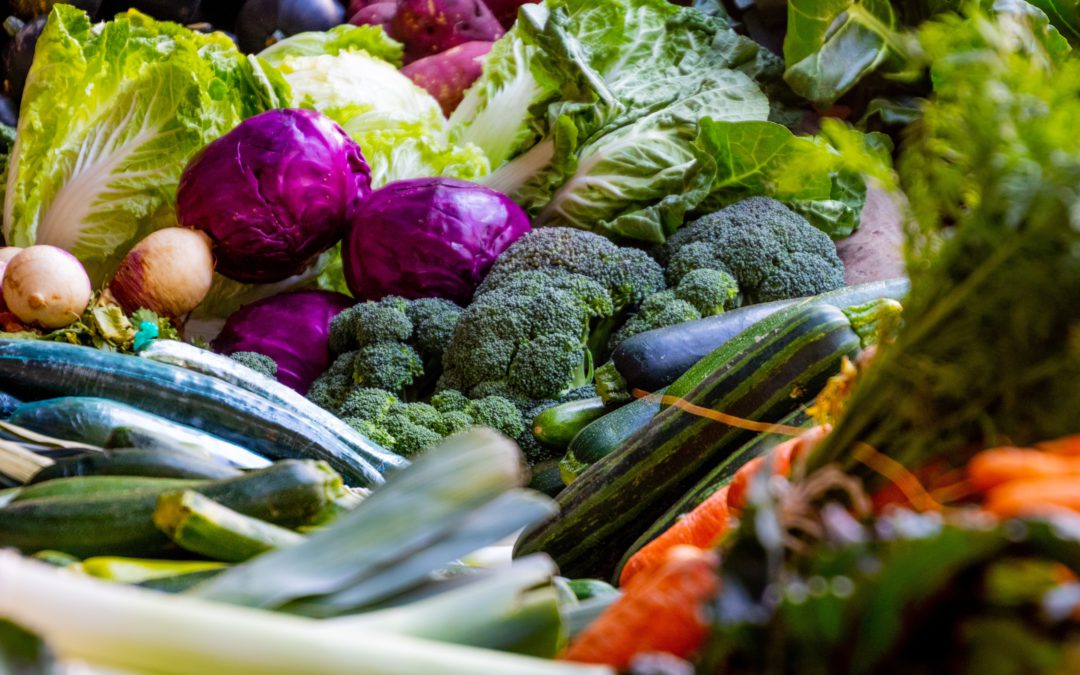A recent research from the British WRAP (Waste & Resource Action Programme) shows that supermarkets in the UK can reduce a large share of consumer food waste by taking measures. One of the points is a reduction of €4.7 bln in food that’s thrown away. This can be achieved, amongst other things by scrapping shelf-life information on various products. Additionally offering loose fresh products would help; this way plastic packaging will also be reduced.
“Approximately one fifth of the food that Britons bring home, ends up in the rubbish, that will already quickly cost the average household hundreds of euro’s per year,” explains the report.
In collaboration with the Food Standards Agency and the Department of Environment, Food, Rural and Agriculture (Defra) new recommendations for the fresh produce sector have also emerged in WRAP’s report. These recommendations will expectedly help to reduce a large part of the food waste. In addition, retailers will be encouraged to scrap shelf-life information and to sell fresh produce loose, instead of in plastic packaging.
Peter Maddox, director of Wrap, said the following: “The way in which food and drink is packaged, labeled and priced influences the waste within households. Retailers and brands are in an excellent position to reduce food waste at the homes of consumers. From our research it seems that people want clear information on packaging in order to save and keep products fresh for as long as possible. In general we see that there is improvement but we also indicate to companies what still needs to be worked on.”
WRAP has visited a large number of supermarkets (around 60) where 2,000 food products were investigated. With this the emphasis was on products that are most frequently thrown in the bin by consumers. The research showed that a quarter of the fresh products that are pre-packed are now sold without a sell-by-date. Additionally, there are other products such as milk where the shelf-life has been extended.
As well as these developments it was also established that selling loose and in smaller packages can ensure that considerably less is thrown away. This way the consumer can purchase the exact amounts that they need.
Source text: AGF.nl
Source image: Pexels

